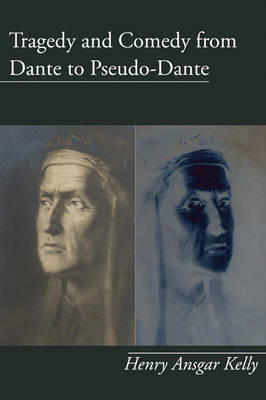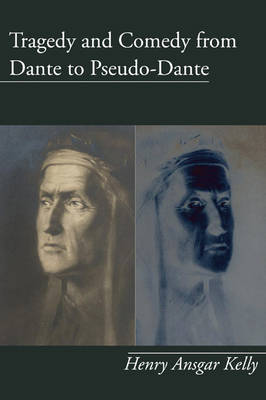
- Afhalen na 1 uur in een winkel met voorraad
- Gratis thuislevering in België vanaf € 30
- Ruim aanbod met 7 miljoen producten
- Afhalen na 1 uur in een winkel met voorraad
- Gratis thuislevering in België vanaf € 30
- Ruim aanbod met 7 miljoen producten
Zoeken
Omschrijving
In this study, Professor Kelly analyzes Dante's understanding of the meanings of tragedy and comedy in his undisputed works, especially the 'De vulgari eloquentia' and the 'Comedia'. He finds that Dante's criteria concerned subject-matter and style, not emotions like happiness and sorrow, or plot movement from one mood to another, or humor or the lack of it. He considered Vergil's 'Aeneid' and his own lyric poems to be tragedies because of their sublime subjects and their use of elevated style and vocabulary. He considered the 'Inferno', along with the 'Purgatorio' and the 'Paradiso', to be a comedy because of the range of subjects and styles. Dante's commentators, in contrast, tended to have a plot-based understanding of these genres, and they attributed similar views to Dante himself. On the basis of both content and style, Kelly concludes that the 'Epistle to Cangrande' is not by Dante, except possibly for the first three paragraphs, and therefore ascribes it to Pseudo-Dante. It was not compiled as we have it until the last quarter of the fourteenth century, but it incorporated an earlier anonymous 'accessus' to the 'Comedia'. This 'accessus' drew heavily on Guido da Pisa's commentary, and it in turn was used by Boccaccio.
Specificaties
Betrokkenen
- Auteur(s):
- Uitgeverij:
Inhoud
- Aantal bladzijden:
- 144
- Taal:
- Engels
Eigenschappen
- Productcode (EAN):
- 9781592445219
- Verschijningsdatum:
- 30/01/2004
- Uitvoering:
- Paperback
- Formaat:
- Trade paperback (VS)
- Afmetingen:
- 157 mm x 223 mm
- Gewicht:
- 254 g

Alleen bij Standaard Boekhandel
+ 70 punten op je klantenkaart van Standaard Boekhandel
Beoordelingen
We publiceren alleen reviews die voldoen aan de voorwaarden voor reviews. Bekijk onze voorwaarden voor reviews.








